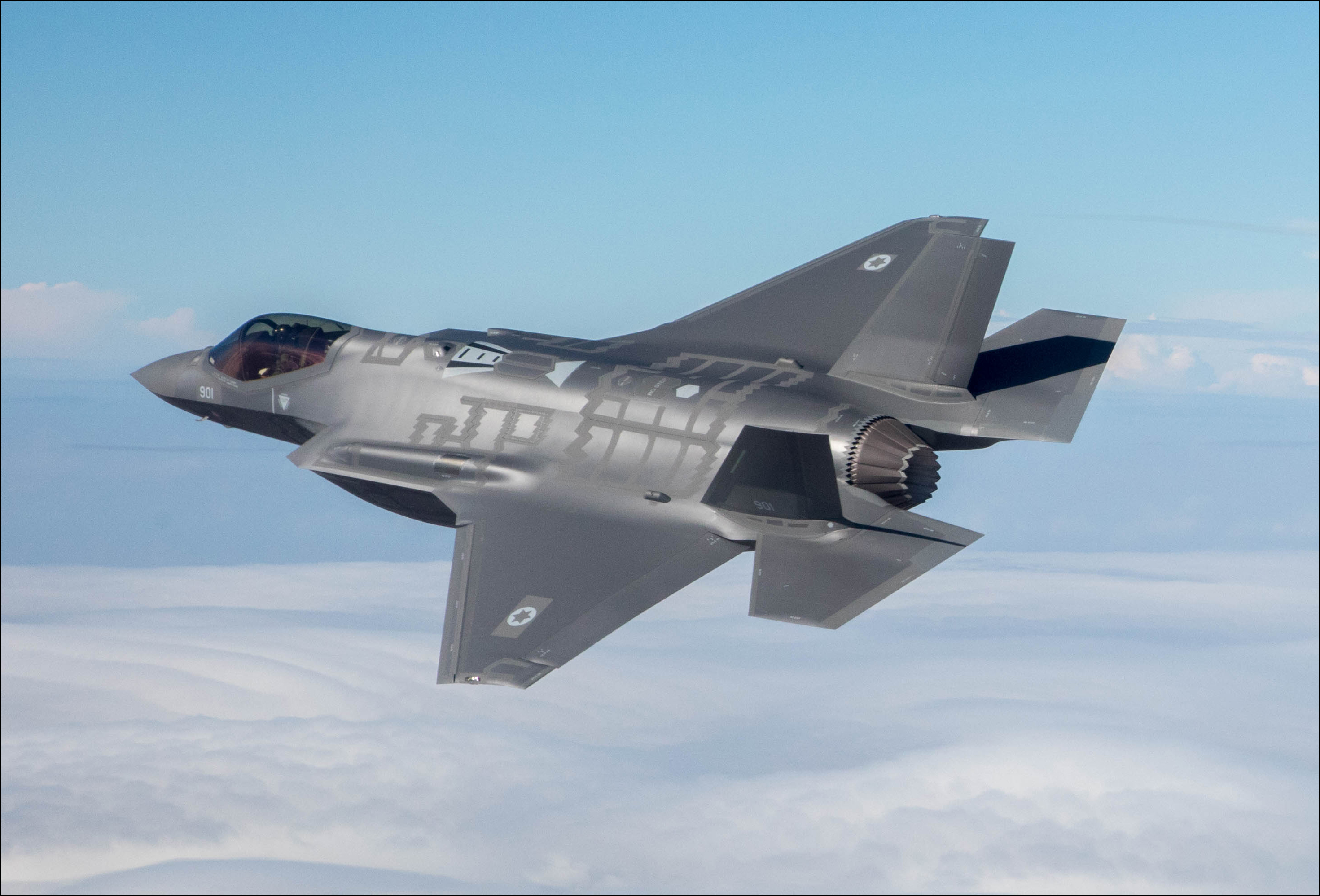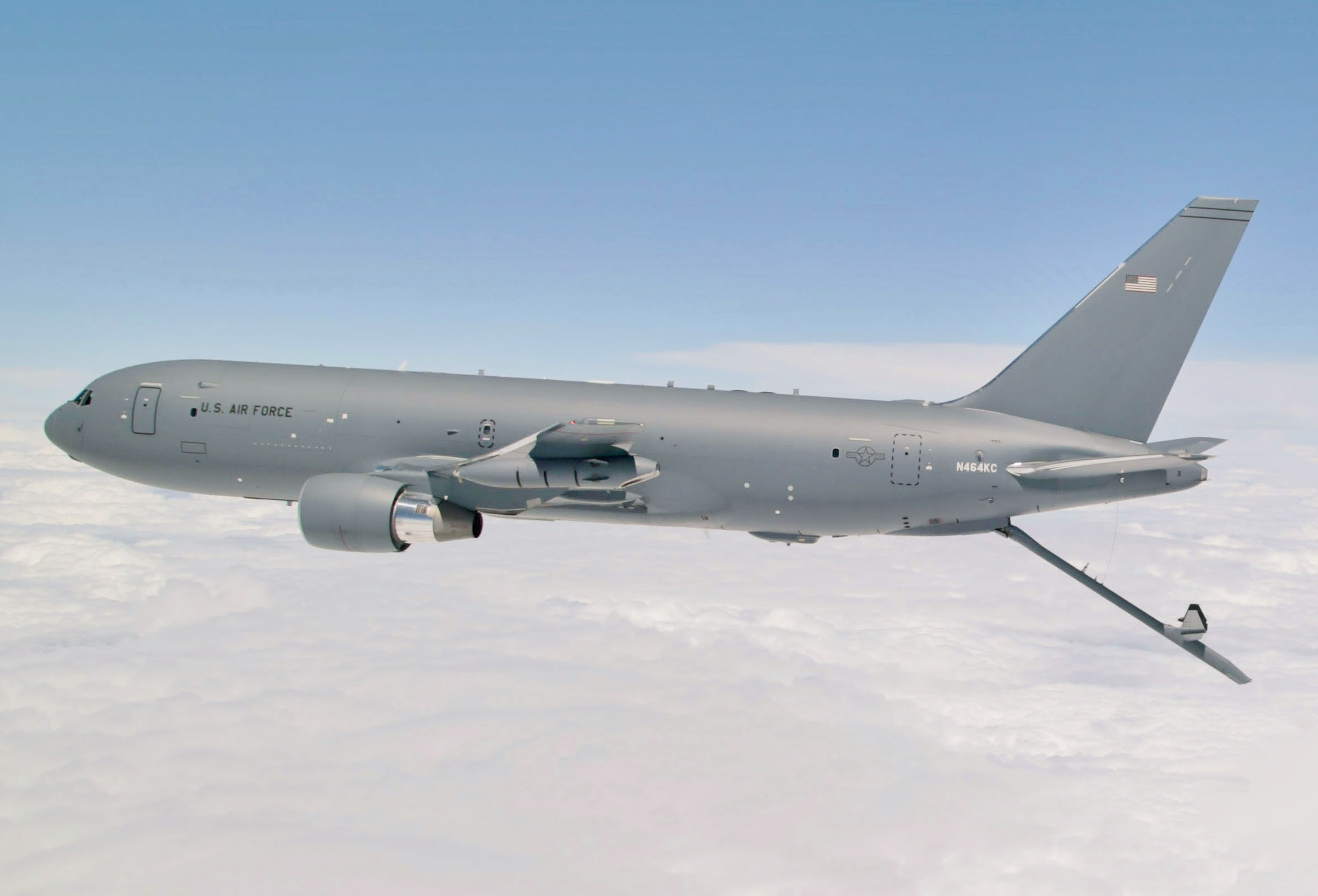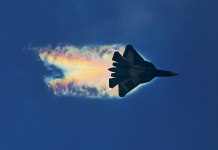The Israeli Ministry of Defense said on Friday that Israel and the United States sealed a deal on the procurement of 12 Lockheed Martin-Sikorsky combat helicopters and two Boeing KC-46 refueling aircraft.
“The Ministry of Defense Mission to the US signed an agreement (LOA) with the US government for the purchase of 12 Lockheed Martin-Sikorsky helicopters, and an additional agreement for the procurement of two Boeing KC-46 refueling aircraft,” the ministry posted on Twitter.
The value of the deal on helicopters’ procurement is estimated at $ 2 billion with an option to purchase six additional military choppers, the ministry said. The ministry added that the deal is a part of the Israeli Defense Ministry’s wider program on strengthening capabilities and readiness to tackle present and future challenges.
Why Mid-Air Refullers Are Vital For Israel?
While Israel does have F-35 stealth fighters, the aircraft cannot fly to Iran and come back without refueling if it wants to strike the Islamic nation. The refueling would require the F-35s to either land at a friendly base near Iran, an option that is too far-fetched for Israel or it would need to be refueled by a tanker.
However, with the US refusing to fast-track the sale of KC-46 tankers, the possibility of Israel bombing Iran remains bleak for now. The F-35s have been proudly mentioned as the fighter with which the Commander would bomb Iran but will have to either make a pit-stop at UAE or Saudi Arabia, neither of which would want to be linked to an attack on their rival Iran, at least directly.
In response to reports that the US has refused to expedite the delivery of two KC-46 tanker refueling planes to Israel, Bar claimed he was present at the meeting when the request was made and that the IDF is presently investigating the reasons for the refusal.
“The United States is more than a friendly neighbor, and they want to have a long-term relationship. I’m not sure why they refused, but I haven’t ruled out the prospect of acquiring at least two refuelers ahead of time.”
The United States administration is believed to be sitting on the tanker sale so as to defer the Israeli plan to launch airstrikes on Iran which could potentially snowball into a much bigger crisis.

Meanwhile, US national security advisor Jake Sullivan arrived in Israel on December 21 to discuss Iran’s nuclear program with Prime Minister Naftali Bennett and called for a “common strategy” against Iran, reported Al Jazeera.
According to an Israeli government release, Sullivan added that “It’s critical that we get down together and build a shared strategy, a common viewpoint, and find a way forward that fundamentally ensures the interests of both countries.”
This was in response to Israel’s concerns about its security in the backdrop of Iran inching closer to acquiring nuclear weapons.
Even though there has been no direct mention of airstrikes on Iran and the delaying of the KC-46 tanker sale in the talks, it could be speculated that the US has been treading carefully so as to avoid any untoward crisis that engulfs the wider region and has ramifications for its partners and allies.
KC-46 Tankers
A dozen Israeli bomber aircraft will be able to stay in the air for up to 12 hours with a range of over 11,000 kilometers thanks to the new Boeing KC-46 tanker aircraft. With the help of its 55-foot fly-by-wire refueling boom, this aircraft can refuel planes at a rate of 1,200 gallons per minute.
The KC-46 can refuel three planes concurrently in three to four minutes using its wing air refueling pods. This would provide Israel’s Defense Forces (IDF) a significant advantage in any operations against Iran, which is about 1000 kilometers from Israel’s borders.

Israel had asked the US to expedite the arrival of the KC-46 aircraft, apparently in preparation for air strikes on Iran. According to accounts, the Biden administration turned down the request, claiming that the first jet would not arrive until 2024. The deal for these tankers was signed in 2020.
The talks between the US and Israel regarding the expediting of the sale, however, are continuing.
- With inputs from Sputnik and Sakshi Tiwari
- Contact the author (s) at: ETdesk@eurasiantimes.com
- Follow EurAsian Times on Google News




